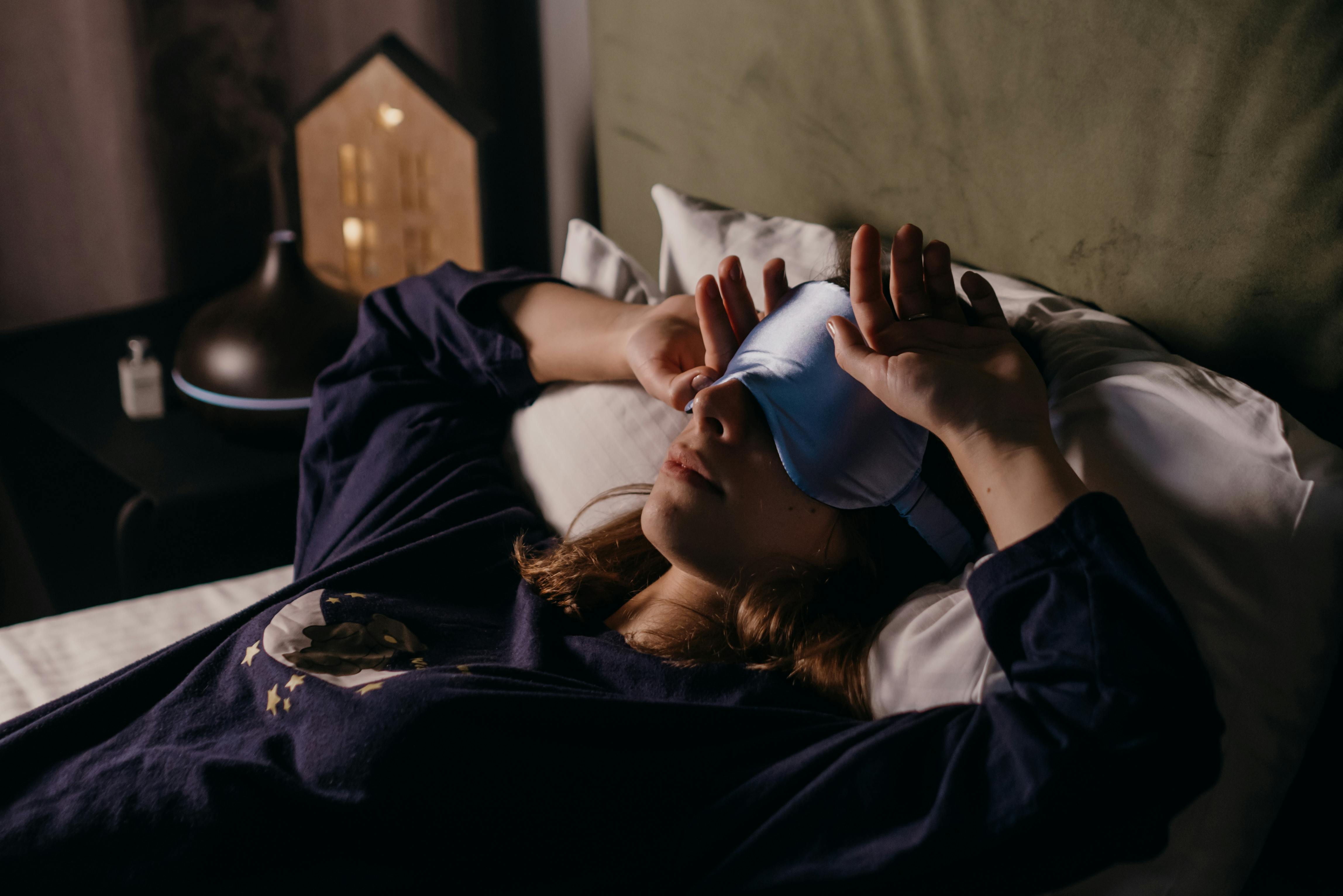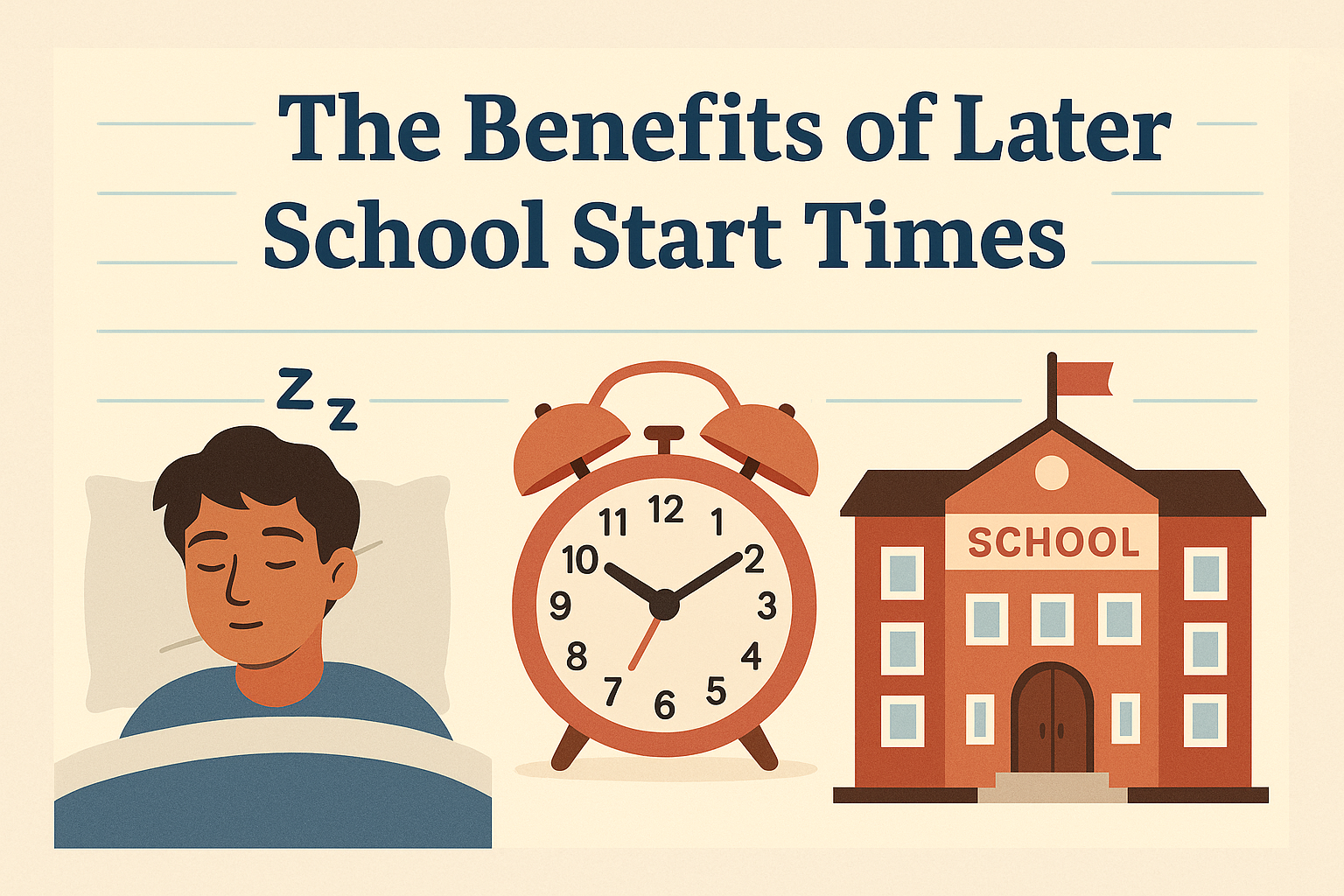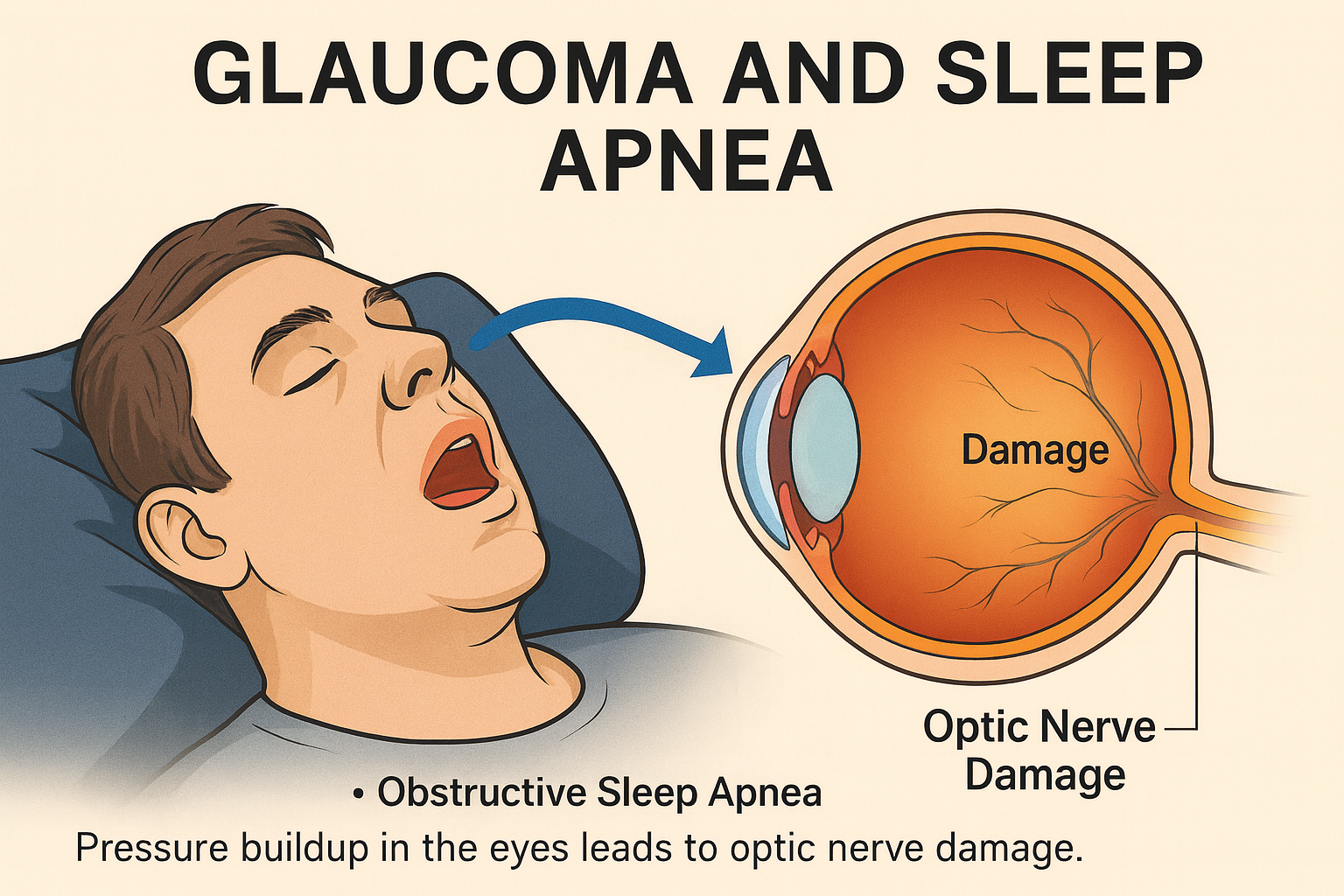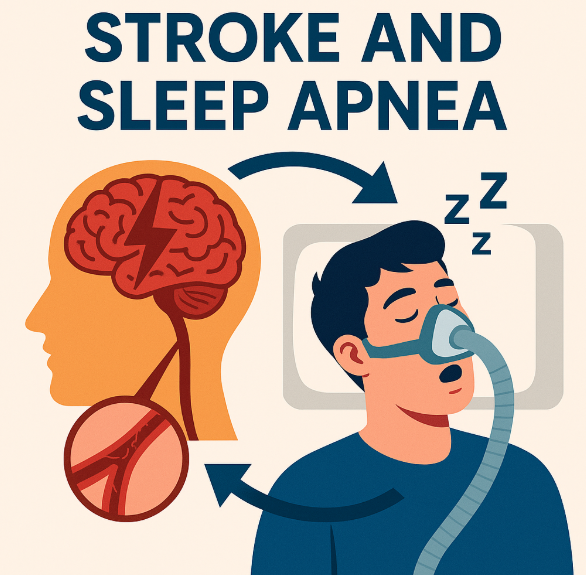This is our second article in Jetlag series. We previously explained mechanisms causing jetlag and shared advice for dealing with the condition in Jetlag Symptoms and Strategies.
Jetlag can significantly impact productivity and decision-making abilities, especially for business travelers who need to be at their best during meetings and presentations. Sleep deprivation and circadian rhythm disruption can impair cognitive functions such as memory, attention, and problem-solving. Consequently, jetlag can lead to reduced work performance, increased errors, and poor decision-making, which can ultimately affect the outcome of business engagements.
To stay alert and engaged during meetings while experiencing jetlag, consider the following tips:
- Schedule important meetings and presentations for times when you are most alert, preferably later in the day after adjusting to the new time zone.
- Take short breaks during meetings to stand up, stretch, and move around, as physical activity can help boost alertness and focus.
- Stay hydrated and consume light, nutritious meals to maintain energy levels and avoid sugar crashes.
- Use techniques such as active listening, note-taking, and asking questions to stay engaged and retain information during discussions.
To minimize the impact of jetlag on business travel, it is essential to prioritize sleep and self-care during your trip. Some strategies to consider include:
- Plan your travel itinerary with jetlag in mind, allowing sufficient time for adjustment before engaging in critical business meetings or presentations.
- Maintain a consistent sleep schedule and practice good sleep hygiene, such as creating a comfortable sleep environment and limiting exposure to screens before bedtime.
- Incorporate relaxation techniques, such as meditation or deep breathing exercises, to reduce stress and improve overall well-being.
- Make time for physical activity, even if it's a short walk or a light workout, to promote better sleep and boost energy levels during the day.
By prioritizing sleep and self-care during business trips, you can mitigate the negative effects of jetlag and maintain peak performance during your engagements.
Long-Term Strategies for Frequent Travelers
Establishing and maintaining healthy sleep habits is crucial for mitigating the long-term effects of jetlag. Consider the following recommendations:
- Maintain a consistent sleep schedule: Aim to go to bed and wake up at the same time every day, even on weekends and during vacations. This consistency helps regulate your body's internal clock, making it easier to adapt to new time zones.
- Create a sleep-conducive environment: Ensure your sleeping space is cool, dark, and quiet. Consider using blackout curtains, white noise machines, or earplugs to block out any disturbances that may interfere with sleep.
- Limit screen time before bed: Exposure to blue light emitted from screens can disrupt melatonin production, making it more challenging to fall asleep. Establish a screen-free routine an hour before bedtime to signal your body that it's time to sleep.
- Be mindful of food and beverage choices: Consuming heavy, spicy meals or caffeinated beverages close to bedtime can interfere with sleep quality. Opt for lighter meals and non-caffeinated drinks in the evening to promote restful sleep.
Incorporating Relaxation Techniques into Daily Routines

Managing stress and promoting relaxation are essential for maintaining overall health, particularly for frequent travelers. Incorporating relaxation techniques into your daily routine can help reduce stress levels, improve sleep quality, and enhance resilience to jetlag. Some effective techniques include:
- Deep breathing exercises: Practicing slow, deep breaths can activate the body's relaxation response, reducing stress and promoting calm.
- Progressive muscle relaxation: Systematically tensing and relaxing muscle groups can help release physical tension and promote relaxation.
- Meditation or mindfulness practices: Engaging in mindfulness activities, such as meditation or yoga, can help cultivate a sense of calm and improve overall well-being.
Staying in Tune with Your Body's Natural Rhythms
Finally, frequent travelers should pay close attention to their body's natural rhythms and adjust their routines accordingly. Some suggestions include:
- Listen to your body: Pay attention to signs of fatigue and take breaks when necessary. Rest when you need to and avoid pushing yourself too hard, especially during the adjustment period after long-haul flights.
- Adapt to local time as quickly as possible: Upon arrival at your destination, try to adapt to the local schedule, including meal times and outdoor activities, to help your body adjust more quickly.
- Seek professional guidance: If you continue to struggle with jetlag despite implementing these strategies, consult with a healthcare professional or sleep specialist for personalized recommendations and support.
By implementing these long-term strategies, frequent travelers can better manage the effects of jetlag and maintain optimal health and well-being during their journeys.
In some cases, sleep aids or supplements may be helpful in managing jetlag symptoms. However, it is essential to consult with a healthcare professional before using any sleep aids or supplements to ensure they are appropriate for your individual needs and circumstances.






























































































%20thumbnail.jpg)
.png)